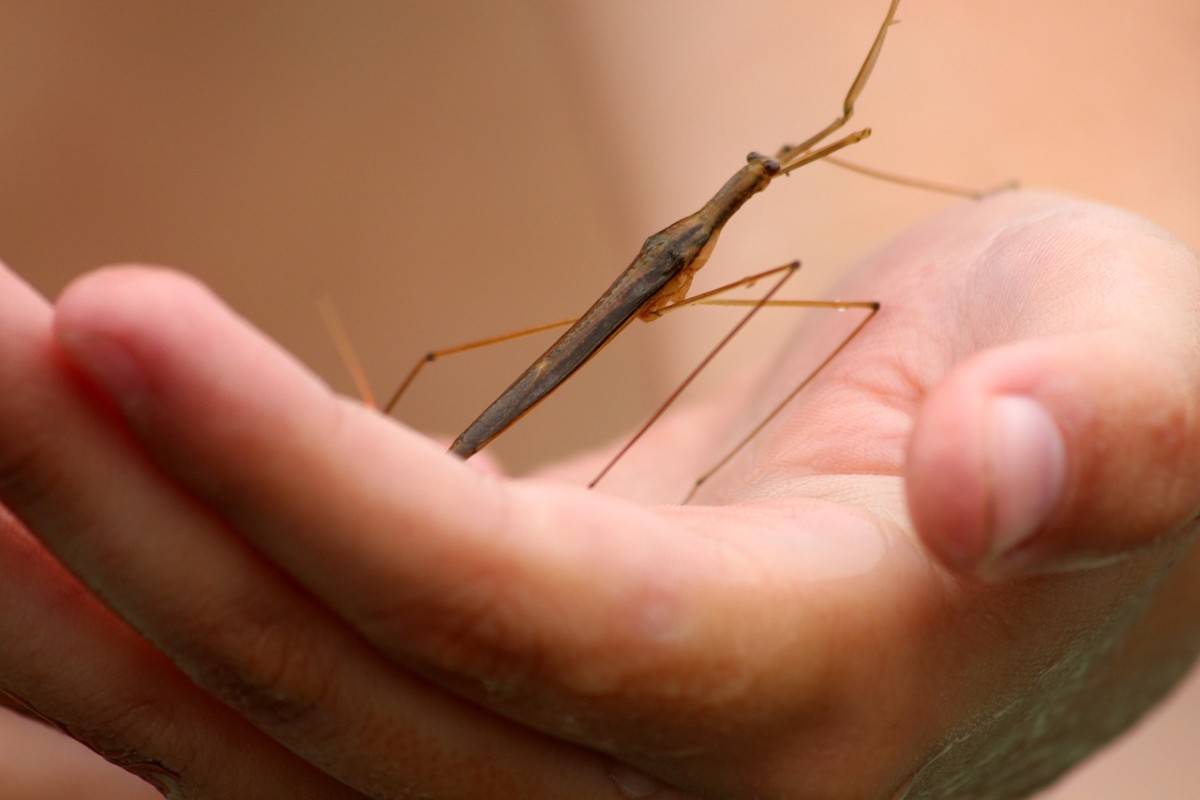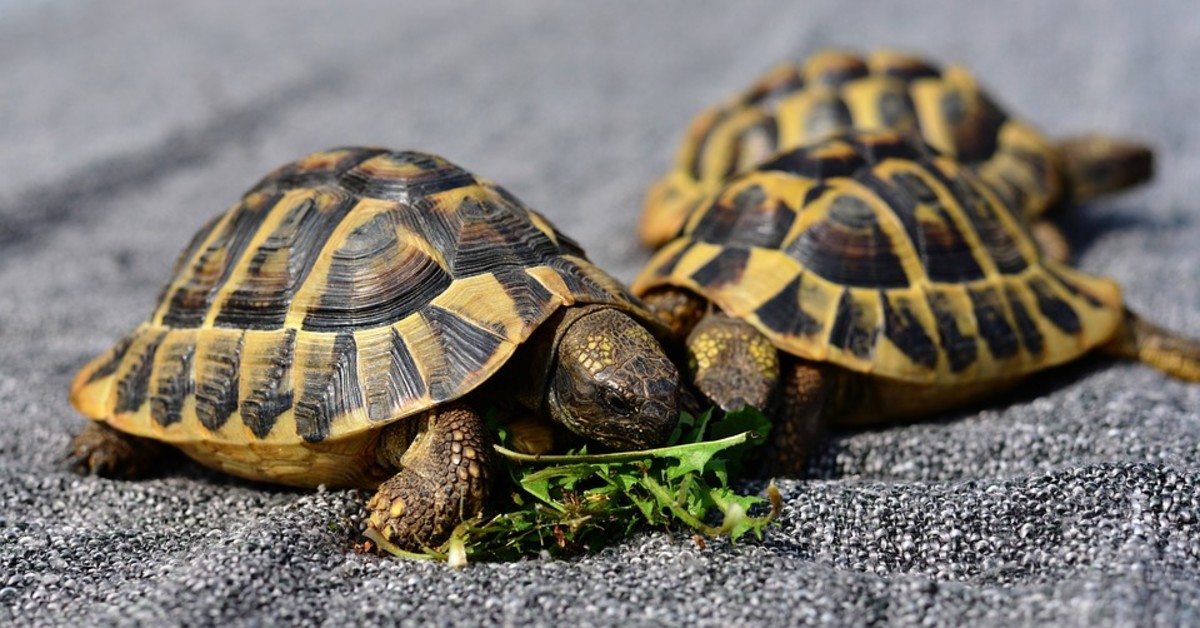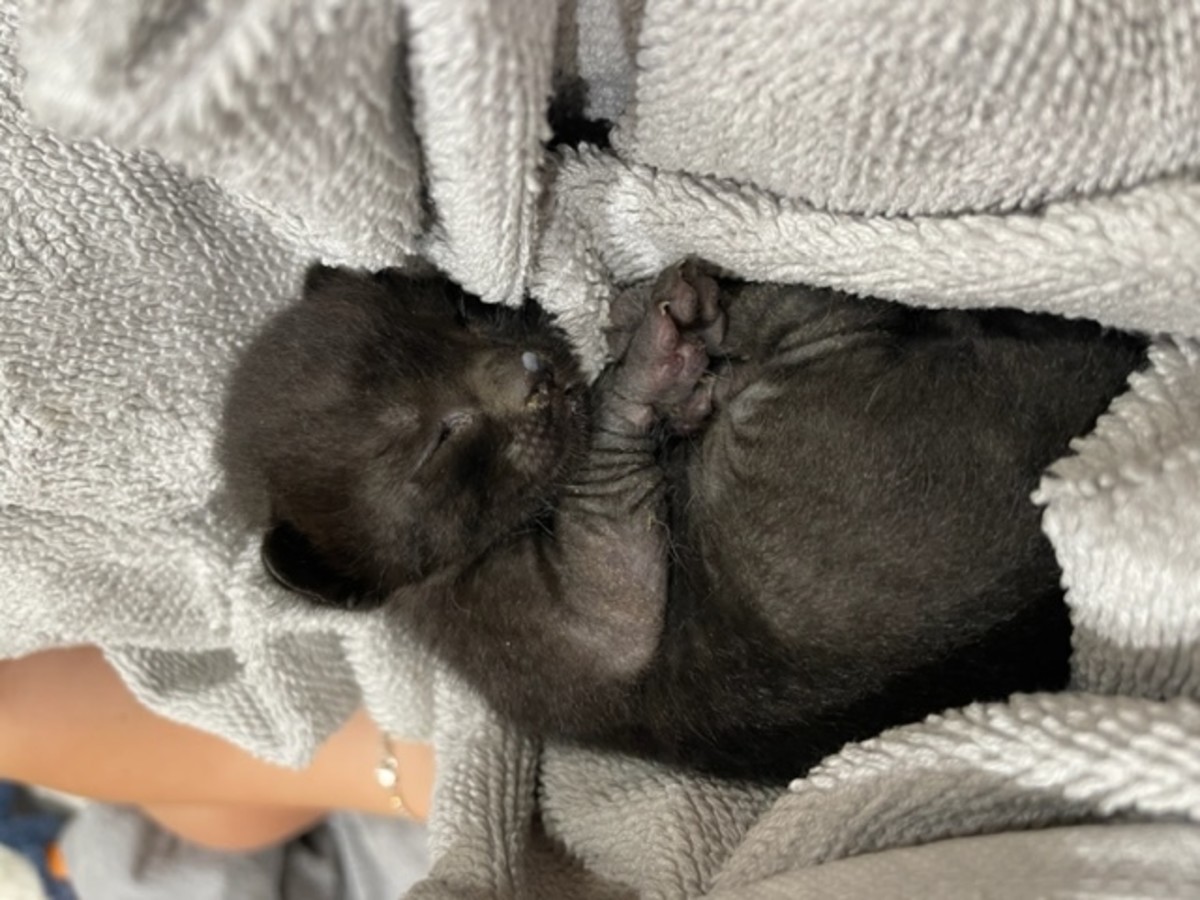Why do we fear creatures that drink blood?
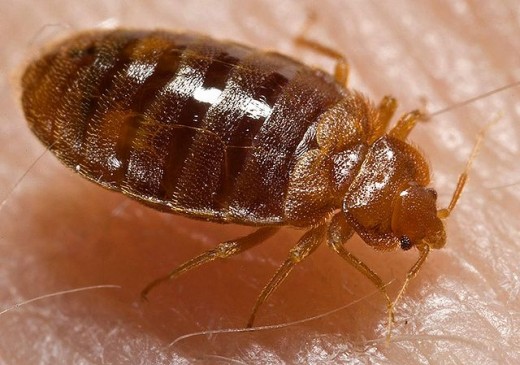
Start talking about any creature that feeds on blood (vampiric), and the people you are talking to almost immediately start to wrinkle their noses in disgust and repulsion. I am probably as guilty as the next person of doing this, and I have to ask myself why we feel so strongly about creatures that are either blood suckers or simply consume blood to survive. There are a few creatures that immediately spring to mind when we talk about 'blood suckers', and they are probably leeches, mosquitoes, fleas, ticks, bed bugs and of course vampire bats (although the bat is more of a blood drinker than a blood sucker). Consuming blood is known as haematophagy, and any creatures that survives from drinking blood, either partially or entirely is known as being haematophagous.
I decided to write this article after watching a very interesting documentary that included a whole section on bed bugs. A scientist had a jar of bed bugs which had a very fine gauze-like mesh on one end of the jar. To illustrate the effects of bed bugs feeding he inverted the jar on to his arm so that the bed bugs could smell the flesh and make their way down to the fine mesh. The mesh was fine enough they could drink through it, yet not escape from the jar. After about twenty minutes he removed the jar, and where all the bed bugs had been feeding his arm had developed a massive bump, exactly the same shape and size as the top of the jar. This bump had been caused by his bodies reaction to the bites of the bed bugs. I could immediately feel my face screwing up in distaste at the idea these creatures had been drinking his blood. The question is where does this revulsion stem from, and why do we begrudge another creature from surviving off the food nature designed it to consume and digest?
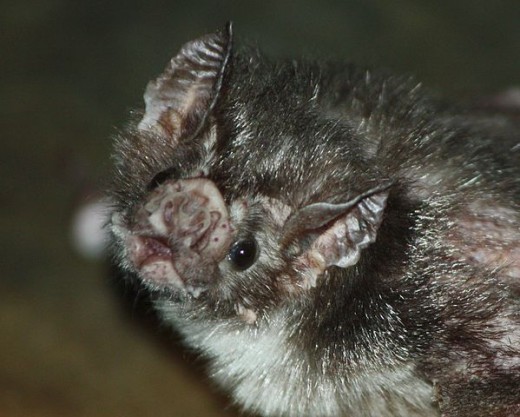
I would like to speculate that at least in some cases the fear and loathing for these creatures comes from years of watching Dracula and other vampire (vampyre) films, movies and television series. We have been conditioned to see the consumption of blood as evil, and terms are used such as 'bloodthirsty' or 'blood lust' to negatively describe any person or creature whose activities result in bloodshed, even though in reality most non-human creatures only take a very small amount of blood from their host, and rarely enough to kill what is their primary food source unless the numbers of vampiric creatures feeding on one host become excessive. The exceptions are usually when the host creatures are vulnerable, such as kittens or puppies with excessive amounts of fleas or ticks feeding from them at any one time, (and this is why it is so important to keep your young pets treated with a recognised brand of flea treatment from your veterinary surgeon.)
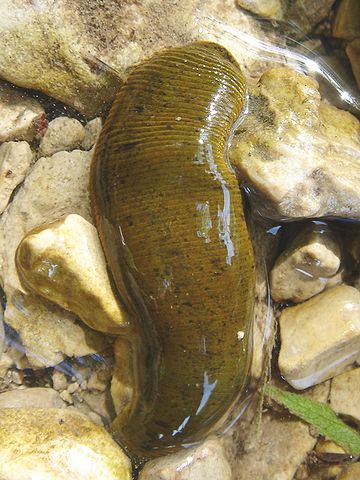
Perhaps part of the problem is that we see blood as our 'life force' flowing through our veins and keeping us oxygenated and alive. We know that without our blood we would immediately die, and that to keep this essential fluid in our bodies we must stop any excessive bleeding through the use of bandages, stitches, tourniquets etc. We donate blood in order to save lives, we receive donated blood in order to have our own lives saved after surgery or bad accidents. Our blood is one of our most precious possessions and we hate the idea of some other creature stealing it from us, and literally draining our life force from us in order to survive itself.
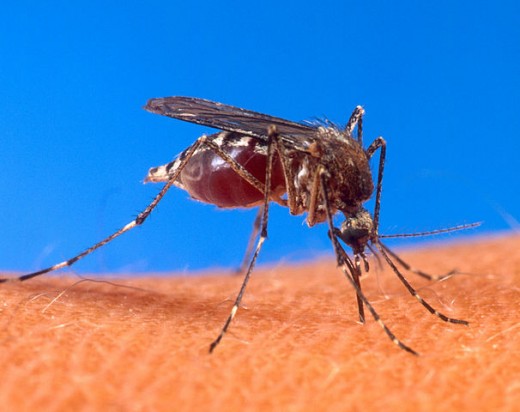
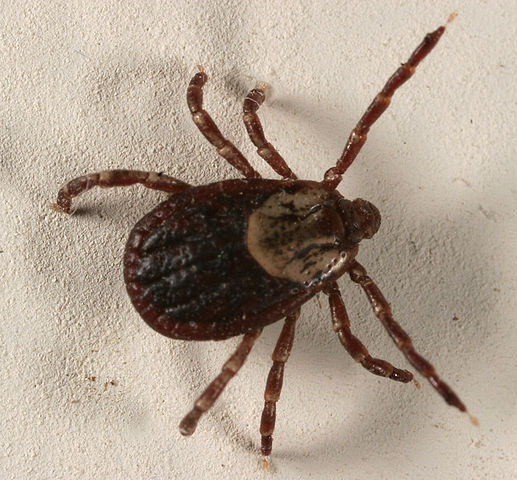
Humans Consuming Blood
I believe that many people are unaware that tribes such as the Masai (sometimes spelled Maasai) used to take blood from their own live cattle, and mix it with milk in order to form a major part of their diet, (although this is not as common in recent times.) The Samburu tribe still collect blood from their cattle by making a small incision in the jugular of the cow, and draining some blood into a cup . The wound is then re- sealed with hot ash. Essentially these human tribes are also vampiric or haematophagous in nature, and whilst the western world may not find the idea of consuming milk mixed with blood as part of our diet appealing, we somehow seem to find this more acceptable than a creature or insect drinking blood. Odd though that many people in the western world happily eat black pudding (largely blood), willingly tuck into steaks cooked blue, rare or medium rare (blood still visible), and even eat steak tartare which is completely raw. This is just the beginning though, and just a few more of the many hundreds of such examples include:
Scandanavia and the Baltic have blood pancakes e.g. Swedish blodplättar, Finnish veriohukainen, and Estonian veripannkoogid.
In China duck or pigs blood is allowed to congeal before being cut into rectangular pieces and cooked. This dish is called blood tofu.
Inuits consider raw seal blood a necessary part of their diet, believing it gives them strength and fortifies their own blood, replacing nutrients and improving the blood supply.
Other cases of humans from around the world consuming blood as part of their diet are numerous, which surely makes us somewhat hypocritical in our revulsion at the other creatures that also do this in order to survive. After all, we have a choice of foods we can survive off, and blood is far from essential in our diets, unlike the creatures that have evolved to require blood as their sole diet.
I would be interested in the results of the following poll questions if you have a couple of moment to spare in order to vote on them, and I hope you found the contents of this article at least a little bit of food for thought, even if it isn't of the blood variety!




